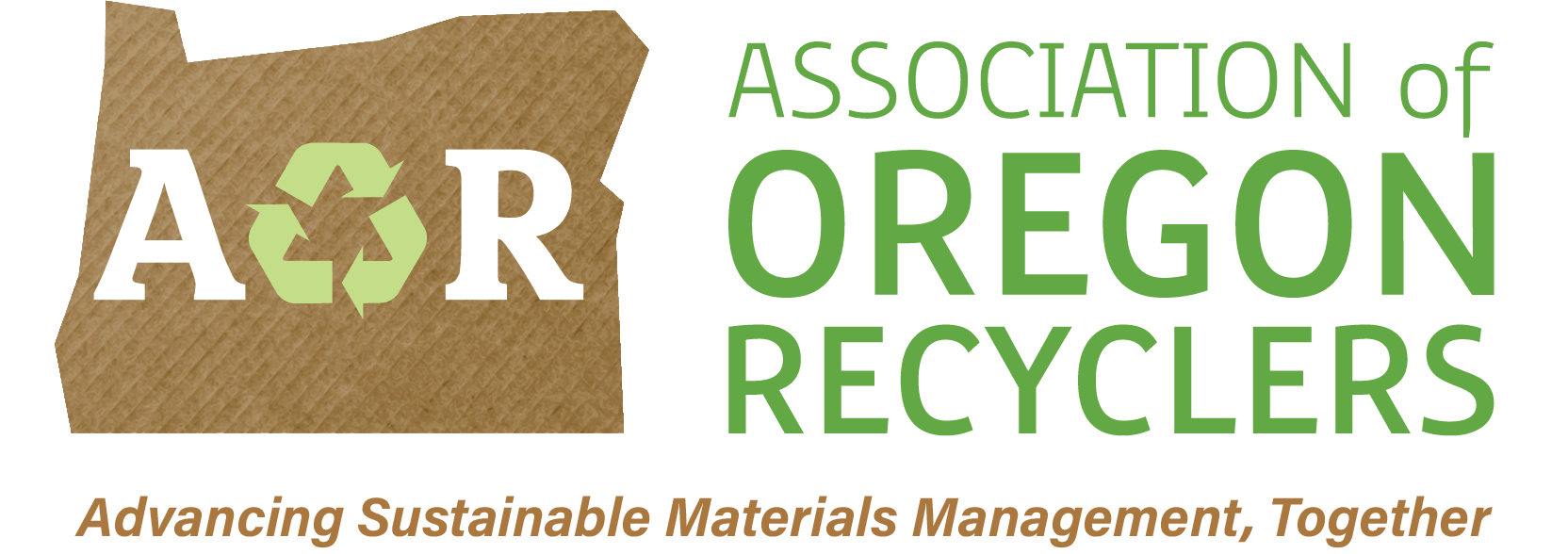EPA Funding Opportunities
EPA Will Hold a Grants Competition Process WebinarEPA will hold the Grants Competition Process Webinar on Tuesday, March 28, from 2:00 - 3:00 pm ET. Join us for this webinar to learn how to find and successfully apply for EPA grants. Participants will be able to ask questions of EPA presenters during the webinar. You are required to register in advance to attend this webinar. Register here. If you have already registered, you should have received a confirmation email with the link to the webinar. EPA will make available presentation materials and a list of helpful links on the EPA website before the webinar. After the webinar, a recording will be posted to the same webpage. USDA Announces Cooperative Agreements for Compost and Food Waste ReductionApplication Deadline: June 15, 2023 USDA announced the availability of up to $9.5 million for Compost and Food Waste Reduction pilot projects for fiscal year 2023. The cooperative agreements support projects that develop and test strategies for planning and implementing municipal compost plans and food waste reduction plans. Learn more about this funding opportunity and how to apply. EPA Issues Program Guidance for Climate Pollution Reduction GrantsApplication Deadlines:
EPA issued program guidance for planning grants under the Climate Pollution Reduction Grant (CPRG) program, one of EPA’s new Inflation Reduction Act funding opportunities. This two-stage program – with $250 million in noncompetitive planning grants, followed by $4.6 billion in competitive implementation grants – will encourage states, air agencies, municipalities, and tribes to create and implement comprehensive climate action plans. Eligible entities will be encouraged to develop or, where applicable, revise their existing climate plans to adopt and implement ambitious policies and programs to reduce greenhouse gas (GHG) emissions and accelerate decarbonization across multiple important sectors (e.g., waste and materials management, agriculture/natural and working lands, industry, electricity generation, and transportation). Eligible policy and program options to reduce GHG emissions and accelerate decarbonization in the agriculture/natural and working lands and waste and materials management sectors could include sustainable materials management and circular economy activities (e.g., waste prevention, waste reduction, and recycling, including activities related to food waste such as composting and applying compost). EPA held a series of webinars to provide interested parties with information about the CPRG planning grants. Check out the recordings and slides from these webinars on the website below. Learn more about this grant program and how to apply. The U.S. Department of Energy (DOE) Launches 2023 Waste-to-Energy Technical Assistance for Local GovernmentsApplication Deadline: April 14, 2023 DOE’s Bioenergy Technologies Office (BETO) and the National Renewable Energy Laboratory launched the next phase of the organic Waste-to-Energy Technical Assistance for Local Governments. Food waste, wastewater sludge, and other organic matter represent significant environmental, economic, and social sustainability challenges for municipalities. Given that these waste streams require local solutions to various aspects of their management or disposal, this technical assistance program provides municipalities with the most relevant data to help with decision making. BETO will provide subject matter assistance to municipalities on topics, including:
Check out the press release about this opportunity. Read through the funding announcement webpage. USDA Is Accepting Applications for Local Food Promotion Program GrantsApplication Deadline: May 2, 2023 The Local Food Promotion Program (LFPP) funds projects that develop, coordinate, and expand local and regional food businesses that engage as intermediaries in indirect producer to consumer marketing to increase access to and availability of locally and regionally produced agricultural products. These can include promoting new business opportunities and marketing strategies to reduce on-farm food waste. In Fiscal Year 2023, USDA anticipates awarding $61.8 million to fund LFPP projects. Learn more about this grant program and how to apply. USDA Announces Organic Agriculture Research and Extension Initiative GrantsApplication Deadline: April 13, 2023 The Organic Agriculture Research and Extension Initiative (OAREI) seeks to solve critical organic agriculture issues, priorities, or problems through the integration of research, education, and extension activities. The purpose of this program is to fund projects that will enhance the ability of producers and processors who have already adopted organic standards to grow and market high quality organic agricultural products. Priority concerns include biological, physical, and social sciences, including economics. The OAREI is particularly interested in projects that emphasize research, education and outreach that assist farmers and ranchers with whole farm planning by delivering practical research-based information. Learn more about this grant program and how to apply. USDA Seeks Applications for Agriculture and Food Research Initiative - Sustainable Agricultural Systems GrantsThe Agriculture and Food Research Initiative - Sustainable Agricultural Systems Request for Applications focuses on approaches that promote transformational changes in the U.S. food and agriculture system. USDA’s National Institute of Food and Agriculture seeks creative and visionary applications that take a systems approach for projects are expected to significantly improve the supply of affordable, safe, nutritious, and accessible agricultural products, while fostering economic development and rural prosperity in America. These approaches must demonstrate current needs and anticipate future social, cultural, behavioral, economic, health, and environmental impacts. Additionally, the outcomes of the work being proposed should result in societal benefits, including promotion of rural prosperity and enhancement of quality of life for all those involved in food and agricultural value chains from production to utilization and consumption. Learn more about this grant program and how to apply. USDA will hold a technical assistance webinar on March 30th from 2:00 - 3:00 pm ET. Register here. |
